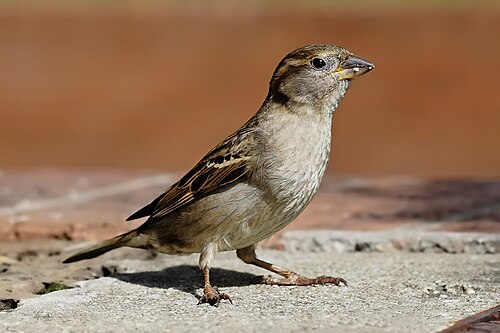Archaeologynoun
The study of the past by excavation and analysis of its material remains:
Archaeologynoun
the actual excavation, examination, analysis and interpretation.
Archaeologynoun
the actual remains together with their location in the stratigraphy.
Archaeologynoun
the academic subject; in the USA: one of the four sub-disciplines of anthropology.
Archaeologynoun
The science or study of antiquities, esp. prehistoric antiquities, such as the remains of buildings or monuments of an early epoch, inscriptions, implements, and other relics, written manuscripts, etc.
Archaeologynoun
the branch of anthropology that studies prehistoric people and their cultures
Archaeology
Archaeology or archeology is the study of human activity through the recovery and analysis of material culture. Archaeology is often considered a branch of socio-cultural anthropology, but archaeologists also draw from biological, geological, and environmental systems through their study of the past.
Paleontologynoun
(American spelling) Study of the forms of life existing in prehistoric or geologic times, especially as represented by fossils.
Paleontologynoun
The science which treats of the ancient life of the earth, or of fossils which are the remains of such life.
Paleontologynoun
the earth science that studies fossil organisms and related remains
Paleontology
Paleontology (), also spelled palaeontology or palæontology, is the scientific study of life that existed prior to, and sometimes including, the start of the Holocene epoch (roughly 11,700 years before present). It includes the study of fossils to classify organisms and study their interactions with each other and their environments (their paleoecology).































